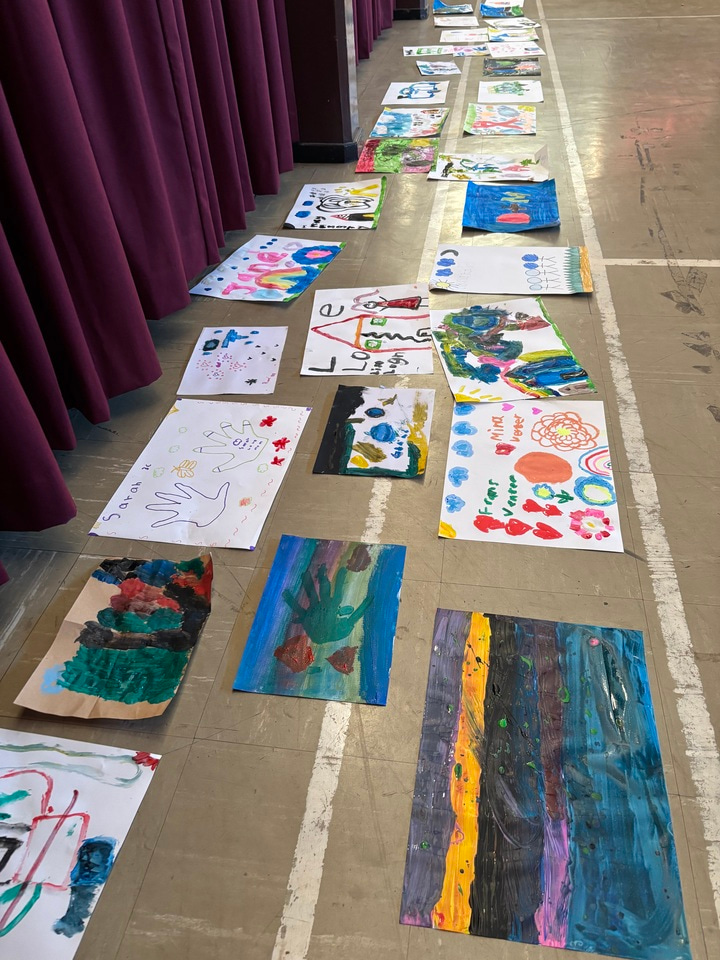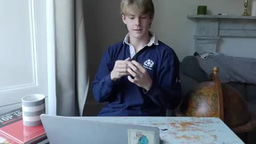LiA Log - Week 3 - Psychosocial Support

Week 3 Log – Johannesburg
This week, my work took me to REPSSI, a psychosocial support charity that empowers individuals with mental health support and the skills to take action. It’s been a week full of learning, growth, and deepening my understanding of the intersection between mental health, community engagement, and therapy. From youth group sessions to advocacy workshops, and even working with children at a local orphanage, it was a week that really expanded my perspective.
Youth Group Session on Social Awareness
The week kicked off with a youth group session focused on social awareness, where the activities centred around dance and shared music. At first glance, it seemed like a fun, engaging way to get young people involved, but as the session unfolded, I realised it was so much more than that. The connection between rhythm and therapy became apparent, and I couldn’t help but think of the ideas from The Body Keeps the Score by Bessel van der Kolk.
In the book, van der Kolk explores the value of rhythm in healing, especially in the context of trauma. He discusses how rhythmic activities like dance, drumming, and music can help reconnect the brain and body, especially for those who have experienced trauma. In the youth session, the shared experience of movement and music seemed to allow the participants to release tension, connect with one another, and find a sense of control and empowerment. It was like the body was allowed to express what words couldn’t, and in doing so, it provided a healing outlet.
The focus on dance and music wasn’t just about fun – it was a therapeutic intervention. By engaging in these activities, the participants were not only learning to communicate socially but also developing an emotional release and connection to themselves and the group. The rhythm, the movement, and the collective experience created a space where young people could begin to process difficult emotions in a safe, supportive environment. This reinforced for me how powerful body-based therapy can be in helping individuals who’ve experienced trauma, and how important it is to integrate these methods into mental health work.
Workshop on Advocacy
Next, I attended a workshop on advocacy. What made this particularly interesting was how it quickly became a space where local community members began to step in and try to co-opt the conversation. They were eager to engage with REPSSI in a more meaningful way, wanting to link up with the organisation to further their own initiatives.
It was a valuable lesson in taking the opportunities given. REPSSI’s advocacy workshop was designed to equip individuals with the knowledge and tools to advocate for mental health issues in their communities, but the interest shown by the local community members shifted the dynamic. It became more of a collaborative conversation about the intersection of mental health work, community needs, and local initiatives. This unexpected shift highlighted how important it is to be flexible and seize opportunities as they arise. Sometimes, the most meaningful connections come from the most unexpected sources, and it’s essential to be open to these moments.
Visit to the Local Orphanage
The week also involved a visit to a local orphanage, where the children had been removed from their parents due to neglect or abuse. At the orphanage, we ran a painting and singing workshop to entertain the children and improve their mental health. It was a challenging environment to work in, given the backgrounds of the children, but it was also incredibly rewarding to see their faces light up as they engaged with the activities.
The workshop wasn’t just about entertainment – it was about providing these children with an outlet for expression, a way to process their emotions, and a sense of joy amidst the trauma they had experienced. The painting allowed them to express feelings that might have been difficult to verbalise, while singing brought a sense of community and joy. It was heartening to see the children come together, even if for a short time, to share in something positive.
What struck me most during the session was how important it is to provide mental health support in a way that is accessible and non-threatening. For children who’ve experienced trauma, traditional forms of therapy might not always be appropriate or effective. Activities like painting and singing provide a non-verbal, more accessible form of expression that can be just as healing. It also reinforced the idea that mental health support for children needs to be holistic – it’s not just about talking through their problems, but about giving them the tools to express themselves in ways that feel comfortable to them.
Key Takeaways
-
The Power of Rhythm in Therapy
The youth session reinforced the idea that rhythm, movement, and music are valuable therapeutic tools. These activities help people reconnect with their bodies, release tension, and process emotions that might be difficult to express through words. Incorporating these activities into mental health work can be a powerful way to support individuals, especially those who have experienced trauma. -
Seizing Unexpected Opportunities
The advocacy workshop taught me the importance of being flexible and open to new opportunities. What started as a simple workshop turned into a collaborative space where local community members were eager to engage with REPSSI in meaningful ways. Sometimes, the most valuable lessons come from the unexpected, and it's crucial to take advantage of those moments. -
The Importance of Holistic Mental Health Support
The visit to the orphanage highlighted the need for a holistic approach to mental health support, particularly for children. Creative outlets like painting and singing provide a safe, non-verbal way for children to express their emotions and begin processing trauma. Therapy doesn’t always have to be traditional – creative, play-based methods can be just as impactful. -
Community Engagement in Mental Health Advocacy
Engaging the community in mental health work is critical. Local buy-in and involvement create a sense of ownership and empowerment. It’s not enough to simply provide mental health support; it’s essential to build networks of people who are passionate about advocating for mental health within their own communities. -
Mental Health Support Should Be Accessible
Providing accessible mental health support means recognising the various ways people can engage with their feelings. For children, especially those from traumatised backgrounds, using creative methods that don’t require verbal communication can be just as effective as traditional therapy



Please sign in
If you are a registered user on Laidlaw Scholars Network, please sign in